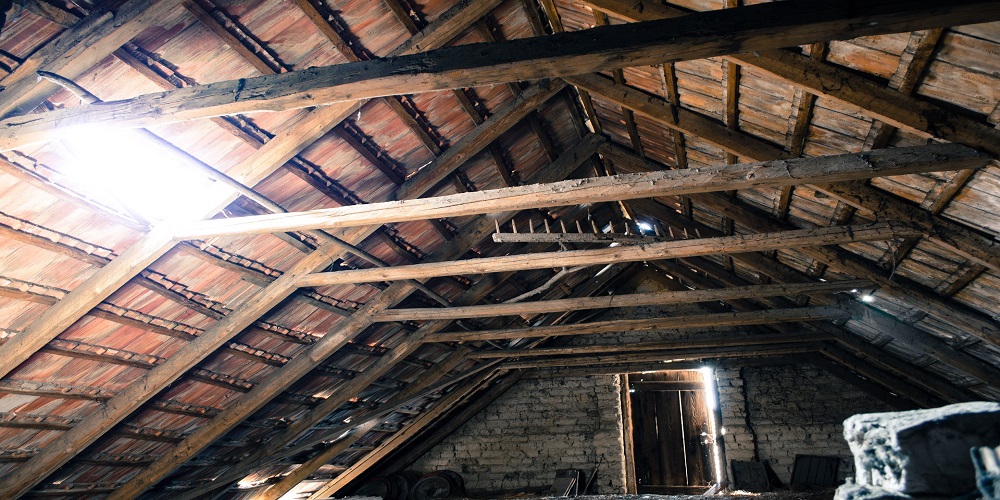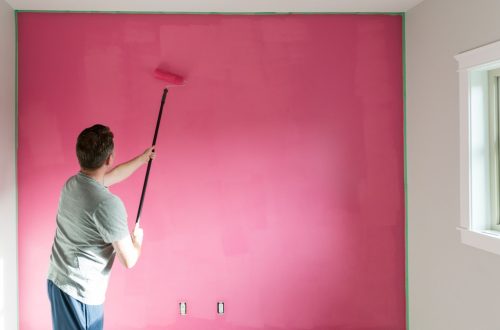7 Ways Home Insulation Increases Energy Efficiency
Insulation is an essential part of every property. It helps a building maintain a favorable temperature during hot or cold seasons. Proper insulation in the house can help lower energy costs no matter the season, especially during the winter season. It does this by retaining the warm air within the house during winter and retaining the cold air during summer. Insulation offers other benefits for the home, but some people are surprisingly unaware of these. This post shares some of the important ways insulation increases energy efficiency in every home.

1. Makes thick the outer shell of the house
The outer shells of a house are the floors, walls, and attics. They are the barriers that make sure the outside and inside temperatures of the house do not reach the same level. That is why every floor and roof needs proper insulation. This ensures less energy consumption because you would not require as much heating or cooling as you normally would.
2. Retains warm air during winter months
Heat typically rises. Therefore, a properly insulated roof is essential during winter. It ensures the warm air stays inside as it rises. The insulation prevents the warm air from quickly escaping, lowering the need for heating. Consequently reducing the cost.
3. Seal air leaks
Air can escape through cracks around windows and doors. This is why homes with draft require more energy consumption. Proper insulation ensures you avoid the effects of gaps and leaks around the house. Larger homes can improve energy efficiency by sealing gaps and any air leaks around the house.
4. Ensures balanced temperature within
Air may not flow evenly around the house if some parts have gaps or cracks. This causes uneven air distribution around the house. An example is a situation where it is too hot in the bedroom but too cold in the living room. But since proper insulation slows the pace of air movement in and out, you will avoid such as issue. It makes the room temperature balanced, and comfortable no matter the cracks.
5. Lowers the risk of ice build-ups during winter
Insulation keeps your home warm and prevents ice from building up on your roof during winter. Proper attic insulation prevents snow ice dams, which can lead to leakage during winter.
6. Reduces draft
Indoor drafts reduce your heater’s efficiency. Drafts in homes are brought about by warm air easily escaping and getting replaced by cold air from outdoors. When all your windows are shut yet, you still feel air movement as though they were open; this is a result of drafts in the house. Proper insulation seals in the warm air and reduces such occurrences.
7. Makes the home healthier all year round
The different seasons come with different temperatures, which produces various conditions that may cause allergic reactions. Outdoor air can contains various elements that are better left outside. Allergens, mold, and pollen are all examples of elements that good insulation can help you keep out of your home. If there are no leaks in the house, outside air can not enter easily. This keeps your home free from these air pollutants and maintains healthy indoor air quality.
Final thought
For some people, minimal insulation is smart because of costs. However, it is proper insulation that offers greater benefits in the long run. It lowers energy bills and improves energy efficiency in the home. Taking your time to reevaluate your home insulation and work towards improving it will be worth the effort and expense.
